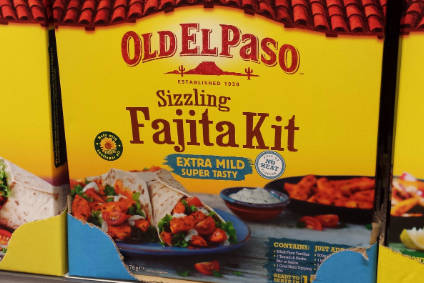
US food major General Mills, the owner of the Yoplait yogurt brand, plans to increase the use of co-manufacturers to keep up with the elevated demand from the coronavirus pandemic.
The Minnesota-based firm will expand the use of third-party manufacturers by around 20%, some of which are existing partners complying with the “same rigorous food and human safety standards as our internal operations”, a spokesperson for General Mills told just-food, confirming comments that originally appeared in an article by The Wall Street Journal.

Discover B2B Marketing That Performs
Combine business intelligence and editorial excellence to reach engaged professionals across 36 leading media platforms.
About 30% of the company’s products are currently made by co-producers in North America, the spokesperson said, adding that General Mills expects to “incur incremental operational costs to manufacture more products in the external supply chain and to continue transporting some shipments in less-than-full truckloads in order to quickly service customer orders”.
Jeff Harmening, chairman and chief executive, said earlier in July in the commentary to accompany results for the year ended in May: “As we turn to fiscal 2021, we’ll maintain a sharp focus on the near-term opportunity to meet continued elevated demand while continuing to advance our long-term strategies by investing to build our brands, strengthen our innovation, and enhance our strategic capabilities. I remain confident that General Mills will emerge from the pandemic a stronger company.”
The maker of the Old El Paso Mexican products brand incurred about US$100m in Covid-19-related costs in the fourth quarter, “two-thirds of which were higher costs to service demand, and the rest being wellness costs to keep employees safe”, the spokesperson said. “Looking to fiscal ’21, it’s likely that rate of spending will moderate, but we expect incremental costs to be a material amount.”

US Tariffs are shifting - will you react or anticipate?
Don’t let policy changes catch you off guard. Stay proactive with real-time data and expert analysis.
By GlobalData




